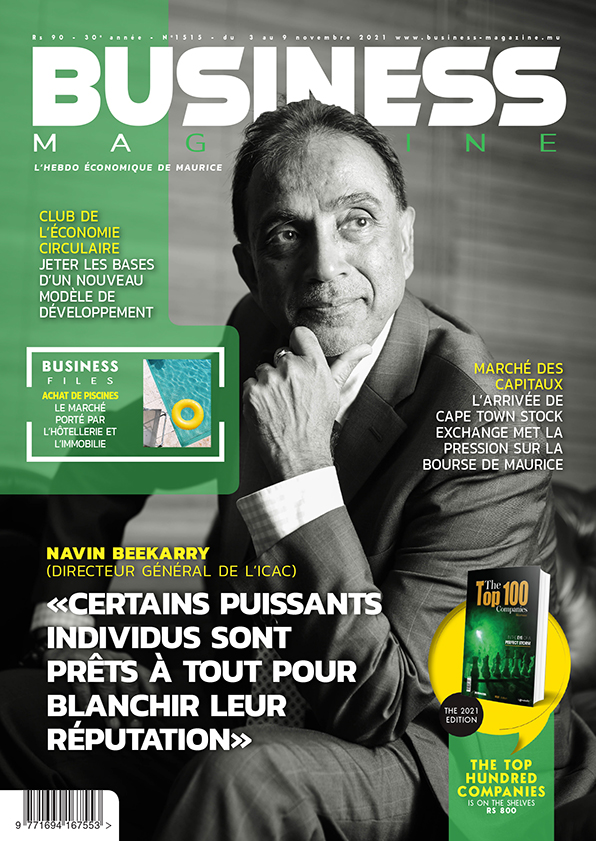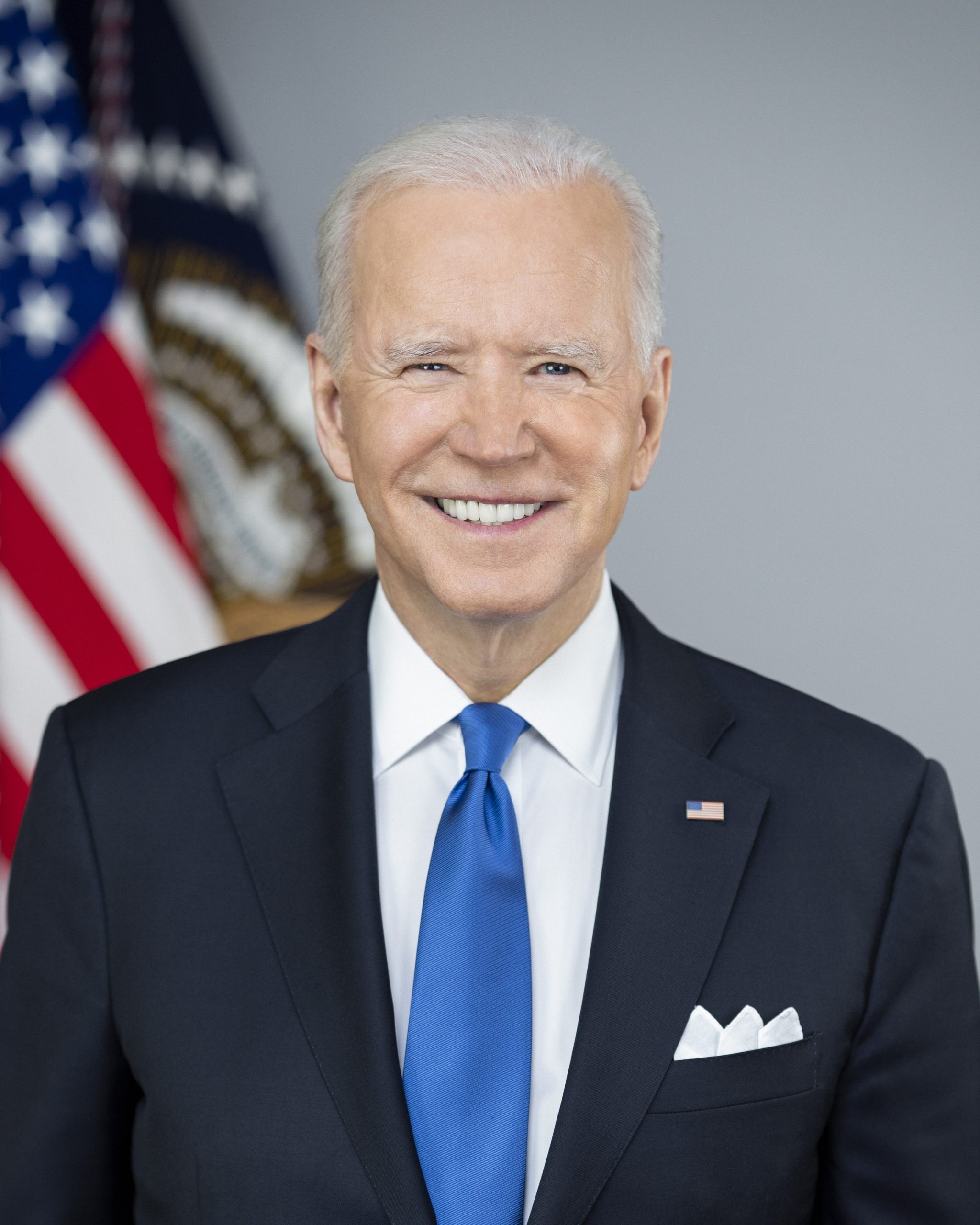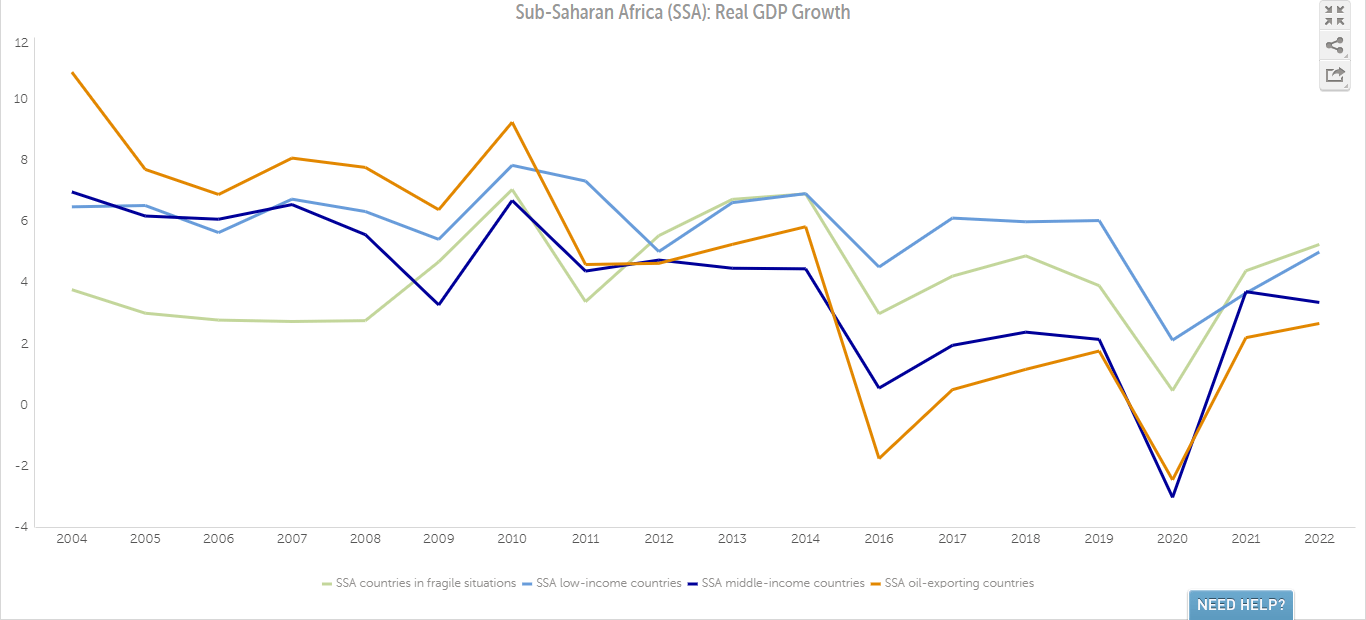Technology meets urbanisation challenges
Share

Imagine a world with no traffic congestion, no potholes and no noise pollution. A place where stan-ding in line for general services was unheard of, where children could safely walk in the streets at night, and every citizen had equal access to education and healthcare, no matter how much money they earned. You’d be forgiven for thinking this was an introduction to the latest fantasy film. But it’s real, and it’s already happening in cities across the world.
The global population is expanding at an alarming rate, with millions of people migrating to urban areas in search of better income opportunities. In Mauritius, more than 50% of the population lives in urban regions, which is in line with the world’s average. On the global scale, this is expected to grow to 70% by 2050. In Africa, it is projected that by 2025 some cities will account for up to 85% of the population. This rapid urba-nisation creates new challenges, not least of which is a higher demand for public services, which is forcing cities to do more with less.
We’d like to suggest a new approach – doing new with less. Cities need breakthrough ideas to connect governments, businesses and citizens with innovative services that increase efficiencies and reduce costs. They need to transform processes and infrastructure to better engage citizens through mobile and social solutions in a way that accelerates access to city services. The good news is that this type of transformation does not need to start from scratch. Cities can build on existing infrastructure to create a modernisation approach that supports self-sustaining cycles of innovation to create a healthier, safer and more sustainable place to live.
This evolution starts with an understanding that, at their core, cities are about people and that a people-first approach to innovation can empower government, businesses and citizens to shape the future of their regions, cities and municipalities.
Microsoft’s CityNext initiative provides a solution to some current issues in our cities. The initiative works together with partners to provide towns with integrated solutions that focus on technology trends such as the cloud, Big Data, social and mobile to transform and modernise cities.
The trends permeating the technological space are the very same trends that can make a smart city. Through the cloud, cities can connect public and private data sources with the privacy, security and control needed for effective cross-departmental collaboration and resource sharing, while simultaneously reducing costs. Data analytics can give city leaders real-time insights from multiple data sources to make better-informed decisions and increase efficiency. Social media can open two-way dialogues between citizens and businesses, while mobile devices allow go-vernments to reach citizens anywhere, anytime, to enable direct engagement and interaction, while providing remote access to systems to improve productivity and responsiveness.
It can be difficult to find these breakthrough ideas due to aging infrastructure, resource constraints and rising citizen expectations. But by taking incremental steps and committing to the journey, and with the help of Microsoft CityNext and our partner network, cities can transform:
• government administration through self-service portals and electronic access to services;
• energy and water supply and demand through smart grids and analytics;
• infrastructure and planning through building automation and consumption management;
• transportation through data-gathering sensors and devices to reduce congestion;
• healthcare through streamlined processes; and
• tourism and recreation through apps and services that meet the needs of cities’ residents and visitors.
The idea of incorporating technology into the successful running of bulging cities may seem far off, but it’s already happening in the African region.
Luxor, in Egypt, wanted to make it easier for its 12,000 daily visitors to find temples, tombs and other historical sites, in order to boost tourism. The Egyptian Ministry of Communications and Information Technology launched the Luxor Mobile Portal, powered by Microsoft Azure, which let visitors use a mobile application to take virtual tours of historical sites, and to locate hotels, restaurants and transportation around the city.
Most recently, Microsoft Ghana signed an agreement with the Accra Metropolitan Assembly and the Global Alliance of Ma-yors to make the city of Accra Africa’s first ‘Centre of Excellence’ through the use of Microsoft’s CityNext applications.
Mauritius is well on its way to becoming a smart nation. This can be attributed to the government’s focus on democratising the Internet and making ICT a pillar of the economy. Mauritius’ Smart ICT strategy aims to enhance the ICT sector’s contribution to development by prio-ritising numerous initiatives at various levels, including education, reducing the digital divide, e-government, cyber security and entrepreneurship.
Embracing technology is the first step in addressing the potential social and infrastructural issues that arise from rapid urbanisation. Of course, education and digital inclusion go hand-in-hand with these developments, but by implementing technology into city life, it is possible to do ‘new with less’ by tapping into urban trends and using these to address real citizen needs. With the right steps, it is possible to transform a city to attract, retain and grow a vibrant, skilled population to help drive the economy.









